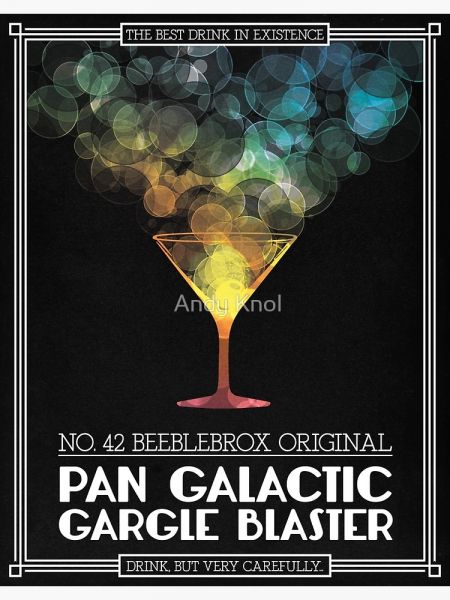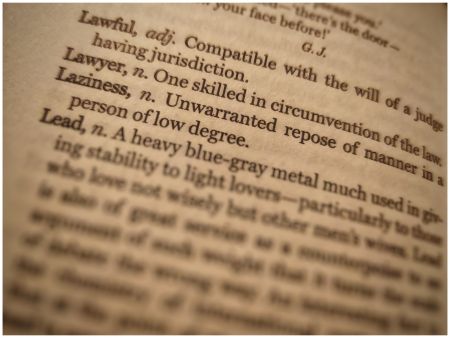Beverage
Beverage ˈbɛv(ə)rɪdʒ/ (n.)
There is no situation in which “beverage” more suitable word than “drink”. Not even ironically. Not even when it comes to wiping a spilt one up, with a fresh clean flannel. “Beverage” is a word that should not exist, however fine its Medieval French or Latin pedigree might be: according to Google Ngram it was barely used before the 19th Century.

|
We have seen it argued[1] that a “beverage” excludes plain water. This doesn’t seem right, especially as it does include drinks like tea — and Coke, Red Bull, beer, and pretty much every other commercially produced drink, for that matter — which is just water with shit in it. Why should plain water be excluded? And what of mineral water? Carbonated mineral water? Naturally carbonated mineral water? That odd odd stuff from Scotland that tastes a bit salty?
Another suggestion, no less compelling, is it is a commercially produced drink, that you have to buy — so excluding tap water. But even then one often sees “free beverages” advertised. And what of places where drinking water is metered and, indirectly, one does in fact pay for it?
And what is the occasion on which it would be so important to capture “all drinks made out of water except plain water”, or “all drinks which are apt for commercial sale, whether or not actually sold, as long as having the potential to be exchanged as a part of a commercial transaction” that you need a specific word for it?
We have also heard it claimed beverage is more “Christmassy” — that it awards a Gingerbread Soya Latte a seasonal dignity that “revolting milky pus from Costa” does not. We are unpersuaded by that as we are by its ironic drunken use by students playing drinking games.
And on that note, “drunk”. You’d not say “beveraged”, would you?
Not if you wanted to avoid having your lights punched out, at any rate.
See also
References
- ↑ By none other than Oxford: https://www.lexico.com/en/definition/beverage
